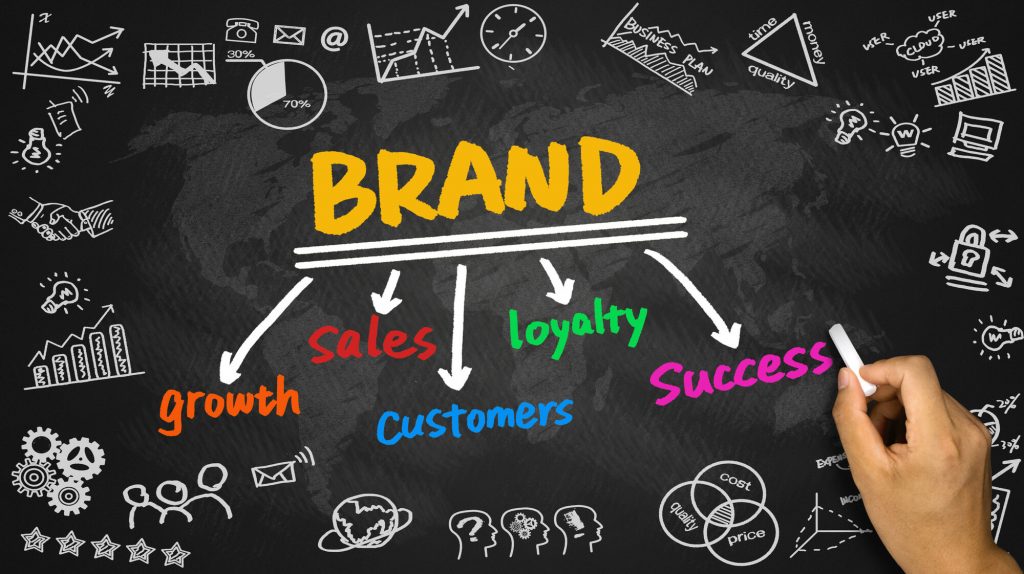
Leverage Your Leadership for Business Success

When we hear that leaders should operate within their zone(s) of genius, it’s easy to think that this only applies to tasks that they excel at. Whilst this is true, the piece of the puzzle that is often overlooked is the positive correlation between a leader’s zone of genius and their leadership style.
This is important because not knowing your leadership style can lead to frustration, friction and, ultimately, failure to meet KPIs (Key Performance Indicators) as you try to grow and scale your business.
Want to know how you can avoid these pitfalls? Keep reading to discover where you fall within the following 3 common leadership styles:
Value Creator
This type of leader wants to create value for their consumers and teammates. The core concerns for this type of leader are: Is my product selling? Are people engaging with my brand after signing up? Are they telling others about it? These are important things that a value creator wants to measure and improve.
This type of leadership style is often found in marketing executives or salespeople, because they have a clear understanding of the business and its product’s value proposition. These are the people who go out into the world to communicate why people should buy into their product. Well-known value creators Steve Jobs. Elon Musk and Gary Vee.
Value creator strengths
- Possess great sales and marketing skills
- Have an excellent understanding of their business, brand and product value
- Know how to create value by bringing together various industries. For example, Steve Jobs was a value creator. He brought technology and music together, creating the iPod and a great demand and desire for the product
Value creator weaknesses
- Their strong belief in their business and product can lead to them not seeking advice or listening to others
- While the value creator’s personality and sales flair leads to success, it can cause friction amongst teammates and other leaders, as they may want things done their way
- Over-selling the benefits of their product is another pitfall that can cause the value creator to lose credibility if their product does not live up to expectations
The Business operator
Are you a value creator? If not, you might just be a business operator. A business operator is concerned about the systems and technology that keep the business running. Unlike the value creator, whose strengths are mostly seen outside the business through sales and marketing, the business operator excels in the day-to-day operations of the business. This is why they are also known as the “systems operators”.
Examples of successful business operators are Jeff Bezos and Jack Welch, who have both been able to build and scale-up big entities by improving their respective business models.
Business operator strengths
- Have a deep understanding of how each department and system is connected and how this impacts the overall business
- Keep the business running and growing through innovative business models and systems
Business operator weaknesses
- Business operators can be too focused on systems which could make them too rigid and stifle creativity
- Their focus on the business systems can make them lose touch with people within the company or feel that they are expendable in comparison
The People developer
Are you a leader who wants to see their team grow, be fulfilled by their jobs and ultimately be happy? Then you might be a people developer. The name gives it away, but here’s a brief explanation of this leadership style. A people developer wants to develop and nurture talent in their teammates.
Think of Oprah or, more specifically, the Oprah Winfrey Show. From the crew to the cast that came onto the show, everyone was given the opportunity to showcase their talent, their new book or their story. The show led to newly discovered pop sensations and even bestselling books. This wasn’t just the so-called “Oprah effect” in action, but a testament to her leadership style.
The people developer creates a happy environment for employees, as their job satisfaction will result in them staying in the business and performing at their best.
People developer strengths
- Have an ability to build relationships with employees and customers
- Can grow and develop talent, resulting in skilled employees and increased productivity
- Can create healthy and happy work environments that promote employee satisfaction
People developer weaknesses
- The people developer can be a people-pleaser
- They may grow an attachment to their teammates which can make it hard to enforce company rules and deadlines
- A people developer may struggle with enforcing repercussions
- They may struggle with giving negative feedback
As the business landscape changes, so is the face of leadership and styles of leadership within business. Good leadership is one that is connected to the business’ marketing, its systems and its people. While others may naturally have one or two of these leadership styles, every leader can learn how to see things from a Value creators point of view, a Business operator’s and a People developer’s too. Having a diverse leadership structure that includes various types of leadership styles is essential to the success of a business in this ever-changing world.






[…] incentive to perform your duties comes from within you. Self-motivation is the drive to achieve goals without the supervision and the influence of other people. When it comes to meeting your desired […]